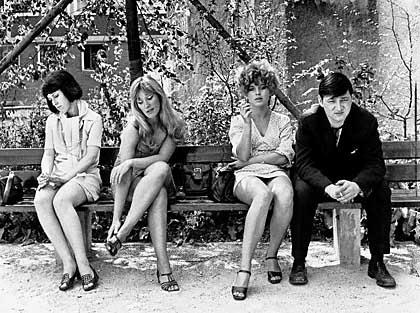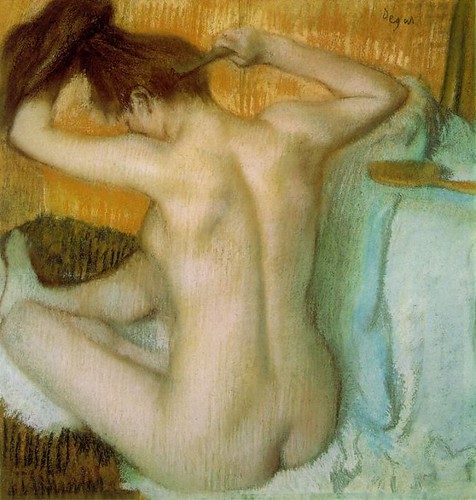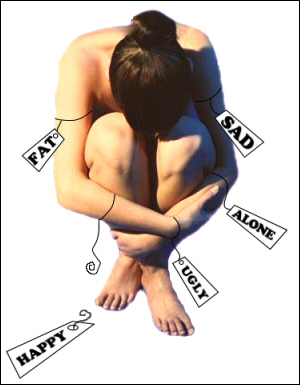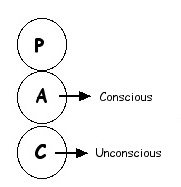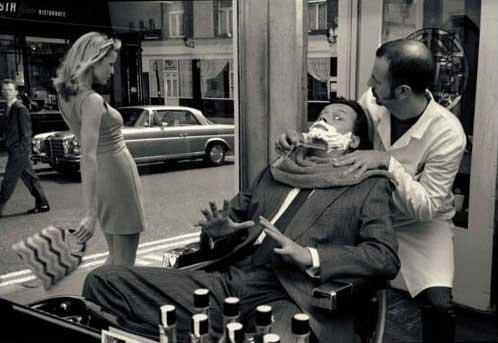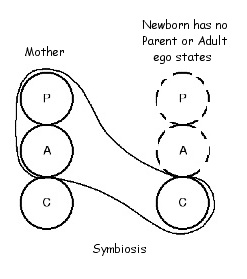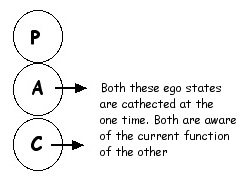People use drugs for a wide variety of reasons. Four of the most common are cited as
Experimental use
Recreational use
Symptomatic use - used to relieve some painful symptom such as anxiety, depression, shame and so forth
Dependent use - the true ‘drug addict’ who finds it very difficult to stop.
By far the largest group in number are the recreational users and the smallest group in numbers would be the dependent user. The group which uses up the most community resources such as health, counselling, police, courts, relationship disharmony, social security are the dependent user and the least would be the recreational and experimental users. So the smallest group tend to use up most of the resources.

People being people they tend to think that the rest of the world thinks, feels and behaves the same way they do. Indeed in the training of new counsellors this is one of the main concepts to learn. Others don’t think and feel the same way I do. To believe this at a Child ego state level is a difficult thing to achieve.
A common example of this is with depression. Everyone has been depressed in their life at some point which can be seen as normal persons depression. However there are others who are ‘abnormally’ depressed and even clinically depressed as it can be called. The average guy in the street will tend to believe that these neurotically depressed people think and feel the same way he does. Hence they will tend to think that such depressed people are just wallowing in their own self pity, or they should just ‘jolly’ themselves out of it, or just think positive thoughts, or just take a bit of a holiday and so on.
Hence the person with neurotic depression can be misunderstood as they can’t just think good thoughts or take a week off work to have the depression lift. The layman will often not understand this because they think others think and feel like they do.

The same applies for the dependent drug user and the layman cannot understand why they don’t stop using when it is destroying their health. For instance the person who wants to give up smoking. Mr average thinks they are just weak willed because all it really takes is just enduring a couple of weeks or a month of strong pangs and then they go away. They believe everyone else thinks and feels the same way they do but the dependent user of nicotine does not think and feel like that.
With other drugs like heroin the dependent user can have an attachment problem. Some come from a background where there was a disrupted attachment with mother and as a result they form a psychological attachment to the drug that is overly dependent. When you listen to people like this talk about their drug there is an uncanny similarity about their relationship with the drug and about their relationships to people. They talk about an attachment to the drug in a similar way one would talk about an attachment to another person.
This allows one to understand what the dependent drug user thinks and feels. One can indeed experience it first hand. One of the principle features of an attachment is the desire to maintain proximity. Never under estimate the power of human attachment it can be an very strong motivating force. People will expend very large amounts of time, energy and money to seek out the other so as to maintain proximity to them.

As an exercise recall a time when you were in love with someone and they did not love you back. All the things you tried to do and angst you had about this unrequited love. The drive you had to want to be with that person. The amount of thinking and feeling you had about the person and the relationship. If you can recall this then you know how some drug dependent users feel about their drug. You now can begin to understand the desire they have to maintain the proximity to the drug and how hard it is to give up.
As a second exercise recall a close loved one who died or for some reason left you for ever. Again recall the desire you had to once again be reunited with that person (maintain proximity). The pain and distress you experienced each time you realised that the proximity or a reunion was never going to happen. Remember what that felt like and how long it took you to get over it. If you can do this, then you begin to understand how some dependent drug users feel about their relationship to their drug.
However it is even worse for the drug user. If a close loved one dies you cannot ever again maintain proximity. So the break is forced upon you. However the dependent drug user can easily again maintain proximity by simply going and buying another deal.
If some how by magic you could spend $50 to get one more day with your deceased loved one, would you? How many times would you spend $50 for that one extra day? And when your money ran out how motivated would you be to steal or defraud to get one more $50? If you can understand these questions then one is gaining some kind of experiential understanding of how the dependent drug user thinks and feels.

Finally it should be noted that the drug addict type of drug user does not have great difficulty getting off drugs. They have most difficulty staying off drugs. In their histories one finds most have gotten off drugs on a number of occasions but the desire to return (proximity) is just very strong.
Addiction and fixation
Whilst on the topic of the dependent drug user it is probably pertinent to note that whilst some may end up a dependent user because of an attachment disorder it is also possible to have another aetiology. This can be due to a fixated development. The person gets stuck at a childhood stage of development and the drug addiction occurs due to that psychological basis.
The most obvious example of this is an addiction to cigarette smoking and a fixation at the oral stage of development. This can either be at the oral sucking stage (0 - 8 months) or the oral biting stage (6 - 18 months). For some reason the person never successfully completed either of these two stages of development. (This may also be the psychological basis for some very resilient eating disorders).

Satisfying oral stage needs
These people not only have the habit of smoking cigarettes to break and the addiction to nicotine. They also have the constant need for oral stimulation which is provided by smoking the cigarette and it is this point that makes it very difficult for them to stop for long periods of time.
Graffiti


